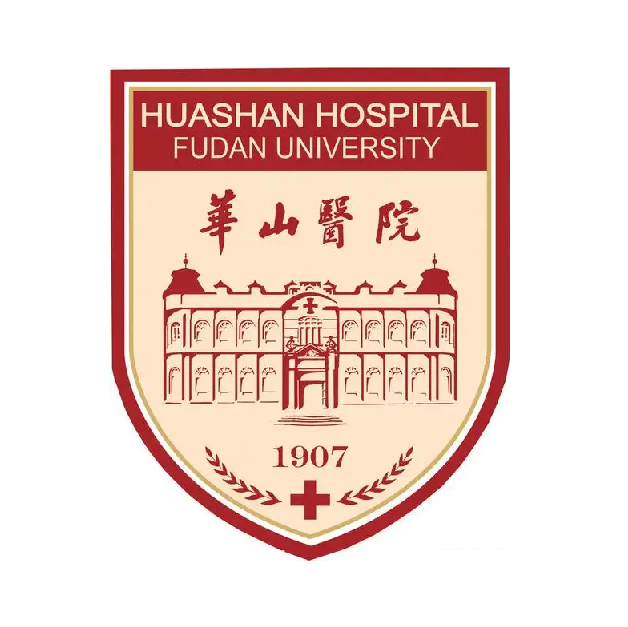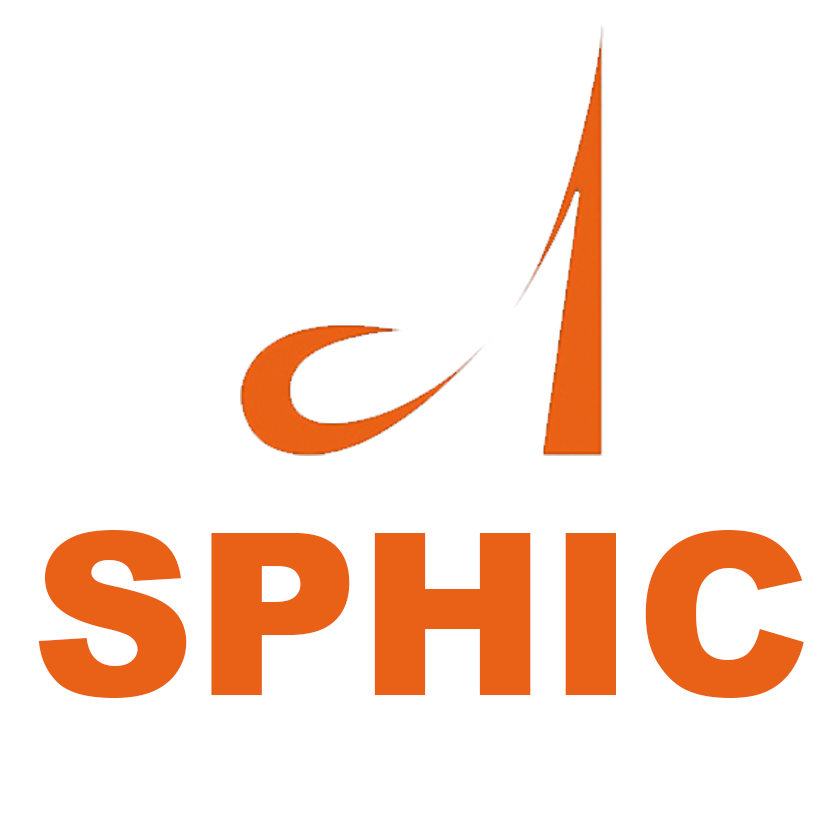Shanghai's Evolving Medical Tourism Landscape: A Guide to Costs & Care
Shanghai is rapidly emerging as a premier global destination for medical tourism, transforming from its historical role primarily as a source country for patients seeking care abroad. This dynamic shift is driven by significant advancements in medical technology, the growing global appeal of Traditional Chinese Medicine (TCM), and supportive governmental policies. The city's commitment to this transformation is underscored by initiatives such as the designation of 13 public hospitals as "International Medical Tourism Pilot Units" and the establishment of the Shanghai New Hongqiao International Medical Center.

Shanghai boasts a rich concentration of high-quality medical resources, including over 6,400 medical institutions as of 2023. The city's leading hospitals offer comprehensive medical disciplines and have achieved international recognition for their expertise:
-
Fudan University-affiliated Zhongshan Hospital is a top-tier general hospital, particularly renowned for cardiovascular disease treatment, with its cardiac interventional surgery volume ranking among the highest nationally.
-
Shanghai Jiao Tong University-affiliated Ruijin Hospital is a leader in the diagnosis and treatment of endocrine diseases like diabetes, equipped with advanced technology and professional medical teams. Its Hainan branch has also introduced 118 new drugs and medical devices, with 76 debuting in China, leveraging favorable policies to treat conditions like cancer, blood diseases, cardiac conditions, and metabolic diseases.
-
Renji Hospital has a globally top-ranked Pediatric Liver Transplant Center, having performed the highest number of liver transplant surgeries for 11 consecutive years. This hospital has successfully treated international patients from Malaysia, France, and other countries, with some patients noting that the cost was only one-fifth of that in developed countries, including travel expenses. Renji Hospital also has strengths in rheumatology, gastroenterology, and assisted reproduction.
-
Shanghai Children's Medical Center is recognized for its expertise in treating hepatoblastoma, a rare childhood liver cancer, ranking first globally for its treatment and having published extensively on the disease.
-
Huashan Hospital has accumulated extensive experience in treating foreign nationals since establishing its international medical department in 1989 and is leading the development of Shanghai's "International Medical Service Standard".
-
Many hospitals in major cities like Beijing, Shanghai, and Guangzhou are internationally accredited with certifications such as Joint Commission International (JCI), ensuring high standards for patient care and safety. Chinese medical institutions are continuously improving their service systems, including developing multilingual service capabilities and comprehensive patient management systems for international visitors.
Why is Shanghai Becoming a Hub for Medical Tourism?


One of the most compelling reasons for medical tourism in China is the significant cost savings without compromising on quality. Compared to developed countries in Europe and North America, China's medical services offer a clear cost advantage.
-
Oncology Treatments: While chemotherapy in the U.S. can cost $10,000 to $20,000 per month, and advanced therapies upwards of $100,000 annually, oncology treatments in China range from $10,000 to $50,000 depending on complexity.
-
Orthopedic Surgeries: A knee replacement in the U.S. costs $35,000-$50,000, and hip replacement $40,000-$60,000. In China, these same surgeries can be performed for around $8,000 to $20,000.
-
Cardiac Care: A heart bypass surgery in the U.S. can cost $100,000-$150,000. In China, a coronary artery bypass surgery costs $15,000 to $35,000, and angioplasty or stent procedures are $10,000 to $20,000.
-
Other costs reported include an X-ray for around 50-200 RMB ($10-$20 USD) and a routine doctor's visit for 15-50 RMB ($2-$5 USD), with total expenses for an X-ray and doctor's visit likely not exceeding $100. An emergency room visit with adrenaline injections and three hours of recovery cost $75 USD in Shenzhen, including follow-up medication. An MRI could cost under 600 yuan (approximately $83 USD).
This affordability is attributed to lower operational costs, including salaries and medical supplies, government regulations and pricing controls, and a highly competitive healthcare market.
Understanding the Costs:
Medical Treatment in Shanghai for Foreigners


The Healthcare Landscape:
International vs. Public Hospitals
Shanghai’s medical tourism offerings are diverse, catering to a wide range of international patient needs:
-
High-End Health Check-ups: First-tier cities like Shanghai offer personalized high-end medical examination packages, including cancer screenings and cardiovascular risk assessments, appealing to affluent international patients seeking preventative care.
-
Traditional Chinese Medicine (TCM): As a unique aspect of Chinese culture, TCM holds significant global appeal for chronic disease management, rehabilitation, and wellness, with therapies such as acupuncture, massage (tuina), and herbal treatments. Longhua Hospital, affiliated with the Shanghai University of Traditional Chinese Medicine, and Shanghai Traditional Chinese Medicine Hospital offer these services, attracting a growing number of international patients.
-
Cosmetic and Aesthetic Surgery: Shanghai is becoming a hub for cosmetic and aesthetic surgery, offering cutting-edge technology, cost-effective services, and highly skilled professionals.
-
Specialized Medical Zones: The Hainan Boao Lecheng International Medical Tourism Pilot Zone is a key initiative, leveraging favorable policies to introduce advanced international drugs and medical devices, offering innovative medical services.
-
Foreign-Invested Hospitals: China, including Shanghai, is allowing wholly foreign-owned hospitals (excluding TCM and public hospital acquisitions) in several major cities like Beijing, Tianjin, and Shanghai. The Shanghai Towako Hospital, the country's first wholly foreign-owned medical institution, specializes in assisted reproductive treatments. Other examples include Singapore Raffles Medical Group and Shanghai United Family Healthcare, providing high-end medical services.
Key Medical Specializations Available in Shanghai
Shanghai is actively promoting the internationalization of its medical institutions to meet the needs of foreign patients. This includes:
-
Multilingual Services: Many hospitals have English-speaking staff and bilingual (Chinese-English) signage throughout the hospital, making navigation and communication smoother. Some hospitals even have staff proficient in Japanese and other languages.
-
Cultural Sensitivity: Hospitals like Longhua Hospital provide dietary services tailored to foreign patients' habits and respect religious beliefs and cultural customs.
-
Integration with International Insurance: Efforts are being made to integrate with international medical insurance systems, with some hospitals collaborating with commercial insurance companies to facilitate direct billing, easing the financial burden on international patients. However, it's important to note that many international patients are unable to use their medical insurance in China, leading to higher out-of-pocket costs. Insurance in China rarely covers pre-existing conditions, and patients might need to pay out-of-pocket for such conditions.
-
Convenient Access: Patients can book appointments through hospital websites, mobile apps, or other methods.
-
Emergency Services: Shanghai has an efficient emergency medical system with the general emergency number 120 and the International SOS 24-hour hotline (400 819 9120) for international rescue services.
While challenges like weak international branding, some deficiencies in cross-cultural communication, and building patient trust remain, Shanghai is actively working to bridge these gaps by developing comprehensive service standards and leveraging its strengths.


Shanghai's Complementary Tourism Appeal
Beyond its medical excellence, Shanghai offers a rich and diverse tourism landscape, allowing patients and their companions to combine medical care with an unforgettable travel experience.
-
Rich Historical and Cultural Attractions: Visitors can explore the classical Yuyuan Garden, the extensive collection of ancient Chinese art at the Shanghai Museum, and the ancient Buddhist Jing'an Temple.
-
Modern Urban Landscape: The city's iconic skyline in Lujiazui features skyscrapers like the Oriental Pearl Tower and Shanghai Tower, offering panoramic views. The Shanghai Disney Resort provides a world of entertainment and thrilling attractions.
-
Unique Districts and Lane Culture: Tianzifang offers a blend of old Shanghai charm with creative studios and specialty shops, while Sinan Mansion showcases elegant historical architecture.
-
Culinary Experiences: Shanghai's cuisine is a fusion of flavors, with signature snacks like Shanghai Soup Dumplings (Shengjian Bao), traditional Huangbang Cuisine, and a variety of other delectable treats available at places like City God Temple and Qibao Old Street.
-
Convenient Transportation: Shanghai's highly developed transportation network, including an extensive metro system and two major international airports (Pudong and Hongqiao International Airports), ensures seamless travel for international visitors. Tourist services include multilingual guided tours and the active promotion of mobile payment options.
In conclusion, Shanghai stands as an irresistible destination for medical tourism, offering an exceptional blend of advanced, affordable, and high-quality medical treatments complemented by a vibrant cultural and tourism experience.


How MedBridgeNZ Simplifies Your Medical Journey to Shanghai
While the quality of healthcare in Shanghai is world-class, navigating it as an international patient can present challenges—from language barriers to complex appointment systems. This is where MedBridgeNZ steps in. We act as your dedicated medical concierge in Shanghai, handling all the non-medical logistics so you can focus solely on your health and recovery. Our mission is to bridge the gap between you and premier healthcare, making your China medical travel experience smooth, transparent, and stress-free.
Ultimately, our role is to remove uncertainty and anxiety from your medical travel experience. With MedBridgeNZ, you're not just a patient; you are a valued guest with a dedicated team supporting you every step of the way.
Ready to explore your treatment options with confidence? Learn more about our comprehensive medical concierge services or contact us today for a free, no-obligation consultation.
To learn more about what this vibrant city has to offer, you can visit the official English website of the Shanghai government: https://english.shanghai.gov.cn/
🔗 Explore All Our Trusted Partner Hospitals in China

















